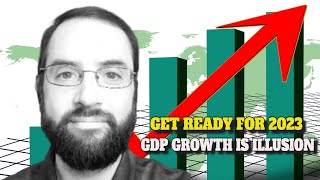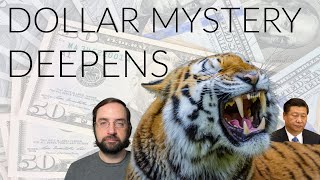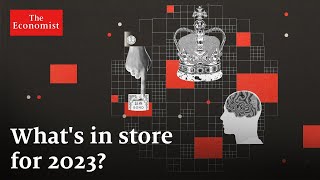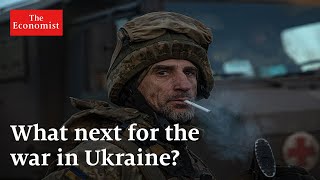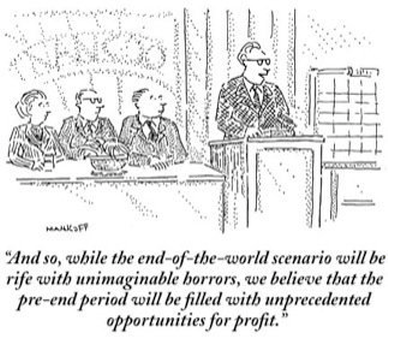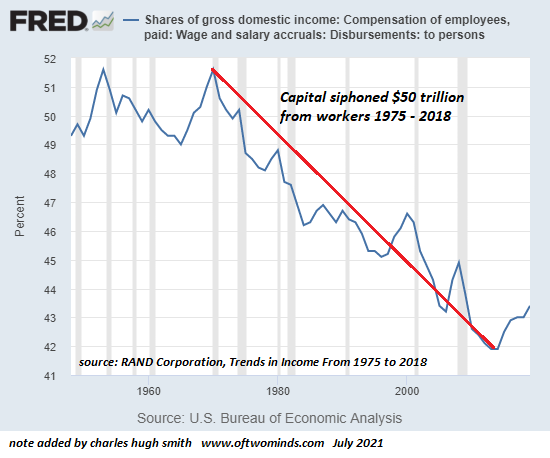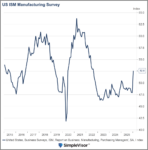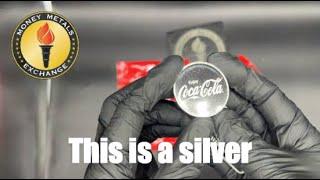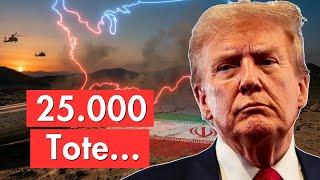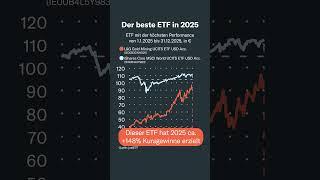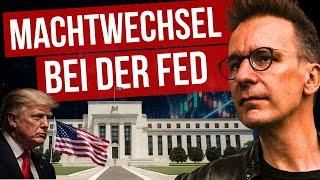Category Archive: 5) Global Macro

War in Ukraine | Russian Defence Ministry: Ukrainian strike killed 63 soldieres | Latest | WION
Kyiv has taken responsibility for a deadly strike on Russian forces in eastern Ukraine. This comes after Moscow in a rare admission claimed that it had lost 63 troops in the town of Makiivka.
Read More »
Read More »
The Dramatic Change In Consumer Behavior Sinks GDP Reverse – #crypto #finance #ftx
The Dramatic Change In Consumer Behavior Sinks GDP Reverse - Gold #crypto #finance #ftx #economy
Educate my audience about free market economics and the principles and benefits of individual liberty, limited government and sound money. These are America's founding principles, guaranteed by the U.S.
Read More »
Read More »
The real story behind China’s ditch of Zero-COVID begins w/its dead tiger.
Chinese officials have changed course about the pandemic. Why? Rather than recent protests, there is almost certainly another reason even bigger than COVID. The U-turn coincides with a deeper mystery - of sorts - as to China's biggest foe. And that's not the United States.
Read More »
Read More »
The World Ahead 2023: five stories to watch out for
What stories should you be following in 2023? From India becoming the world’s most populous country, to an illegal drug that might be approved as a medicine, The Economist offers its annual look at the year ahead.
00:00 - The World Ahead 2023
00:35 - India's population potential
04:30 - Psychedelic medicines
08:06 - Japan’s markets mayhem?
12:45 - Repairing the world
15:50 - The coronation's colonial concerns
Read more on The World Ahead 2023:...
Read More »
Read More »
Why is the sex-toy industry booming?
Gone are the days of hiding in the shadows of seedy shops in the red-light district. Today, sex toys have gone mainstream. How has this long-stigmatised industry become normalised?
00:00 - Why is the sex-toy industry booming?
00:28 - The origins of sex toys
02:05 - How did the sex-toy industry emerge?
03:05 - Developing the female sex-toy market
04:40 - How the internet helped the sex-toy market
05:35 - How are women shaping the industry?
07:00...
Read More »
Read More »
What’s Your Line in the Sand? The $25 Burger?
The gag reflex kicks in at some point and we walk away because it is no longer worth the price. Everyone has a line in the sand when it comes to inflated prices they refuse to pay. For one Walmart shopper I observed, it was a carton of eggs for close to $10. She announced her line in the sand verbally, with great force and sincerity.
Read More »
Read More »
Ukraine war: what will winter bring?
As President Zelensky travels to America to meet President Biden, the war in Ukraine is entering a critical phase. The Economist met Mr Zelensky and Ukraine’s senior military generals to discuss what might happen next.
00:00 - The war in Ukraine enters winter
01:00 - What next for the war in Ukraine?
02:55 - A Russian offensive: what are the options?
03:50 - A Ukrainian offensive: what are the options?
05:35 - A message from Ukraine’s...
Read More »
Read More »
Weekly Market Pulse: Happy Holidays
We received a host of economics reports this past week; some good, others not so much. The week started with the Consumer Price Index report coming in better than expected at an increase of just 0.1% from the previous month (7.1% from a year ago), compared with respective estimates of 0.3% and 7.3%.
Read More »
Read More »
A Great Madness Sweeps the Land
Those who see the madness for what it is have only one escape: go to ground, fade from public view, become self-reliant and weather the coming storm in the nooks and crannies. A great madness sweeps the land. There are no limits on extremes in greed, credulity, convictions, inequality, bombast, recklessness, fraud, corruption, arrogance, hubris, pride, over-reach, self-righteousness and confidence in the rightness of one's opinions.
Read More »
Read More »
NATO: Russia’s President Putin is planning for long war; Putin meets top military brass | WION
We are close to the end of 2022 but it's been 10 months since Russia invaded Ukraine even after witnessing defeat in three Ukrainian cities. Russian President Vladimir Putin is not ready to back, so how far will this go?
Read More »
Read More »
WION Fineprint | Russian Space Agency: Soyuz MS-22 radiator hit by micro meteoroid
Russia's Soyuz spacecraft MS-22 suffered a three hour long coolant leakage episode on Wednesday night. The untimely leakage forced the Russian space agency to call off its planned six hour long spacewalk of its two astronauts.
Read More »
Read More »
Ukraine-Russia War: Ukraine works to restore power after Russian missiles batter grid | Latest |WION
We are close to the end of the year but it has been 10 long months since Russia invaded Ukraine. Even after witnessing defeat in three Ukrainian cities, Russian President Vladimir Putin is not ready to back down.
Read More »
Read More »
Are brain implants the future of computing?
Imagine brain implants that let you control devices by thought alone—or let computers read your
mind. It’s early days, but research into this technology is well under way.
Film supported by @mishcondereya
00:00 - Are brain implants the future of computing?
00:58 - Headsets are changing how brains interact with the virtual world
02:24 - What is a brain computer interface?
03:24 - What’s holding this technology back?
04:00 - How wearable BCIs can...
Read More »
Read More »
Monopolies and Cartels Are "Communism for the Rich"
What's unfettered in America is "Communism for the Rich" and the normalization of corruption that results from the auctioning of political power to protect monopolies and cartels. The irony of constantly being accused of being a communist is rather rich.
Read More »
Read More »
The Blowback from Stripmining Labor for 45 Years Is Just Beginning
The clueless technocrats are about to discover that unfairness and exploitation can't be measured like revenues and profits, but that doesn't mean they're not real. Economists and financial pundits tend to make a catastrophically flawed assumption.
Read More »
Read More »
Weekly Market Pulse: Envy
Legendary investor and Berkshire Hathaway vice-chair Charles Munger recently stated: “The world is not driven by greed.
Read More »
Read More »
How Things Fall Apart
That's how things fall apart: insiders know but keep their mouths shut, outsiders are clueless, and the decay that started slowly gathers momentum as the last of the experienced and competent workforce burns out, quits or retires. Outsiders are shocked when things fall apart. Insiders are amazed the duct-tape held this long.
Read More »
Read More »
Why the counterfeit business is booming
The quantity and quality of counterfeit sneakers has never been greater. As online sales boom, many buyers are deliberately choosing the steal over the real.
00:00 - The counterfeit epidemic
00:57 - How does eBay authenticate goods?
03:34 - What is driving the counterfeit boom?
05:24 - How is the sneaker resale market affecting counterfeits?
07:11 - What is the role of influencers?
08:56 - China: the world's counterfeit capital
10:45 - Is...
Read More »
Read More »
The Monopoly – Labor "Let It Rot" Death Spiral
The only rational response to this reality is to opt out, lay flat and let it rot. In my previous post, The Bubble Economy's Credit-Asset Death Spiral, I described the self-reinforcing feedback of expanding credit and soaring asset valuations and how the only possible result of this financial perpetual motion machine was a death spiral of collapsing debt service, collateral and credit impulse.
Read More »
Read More »
There is no mistaking these signals; that’s the bad news.
You really, *really* need to understand what market curves are telling you - and why. To get the best sense, let's go through the fundamentals, make what might seem a startling comparison, and then see if all that matches what we're just now seeing come up in the data.
Read More »
Read More »










